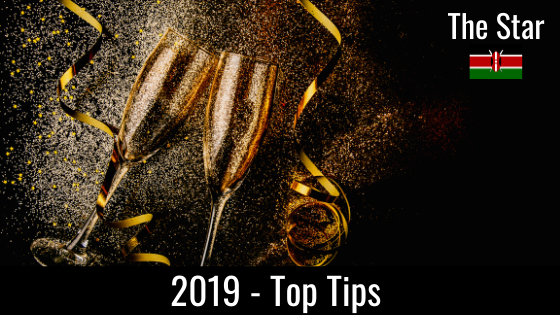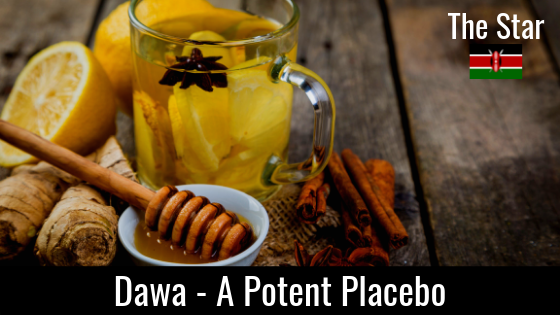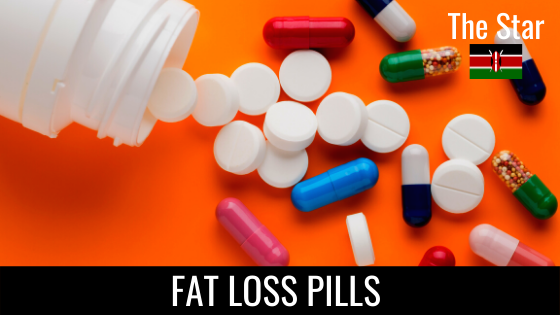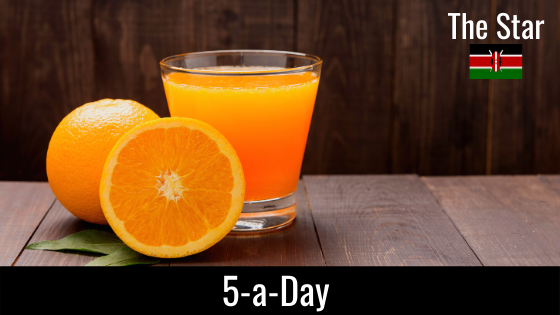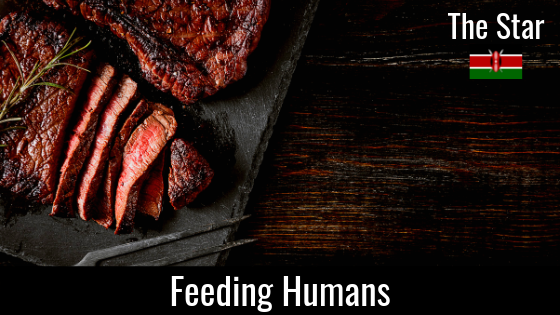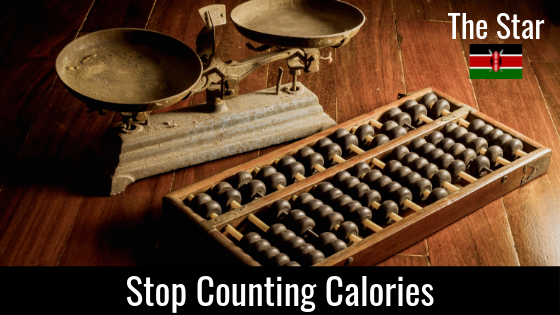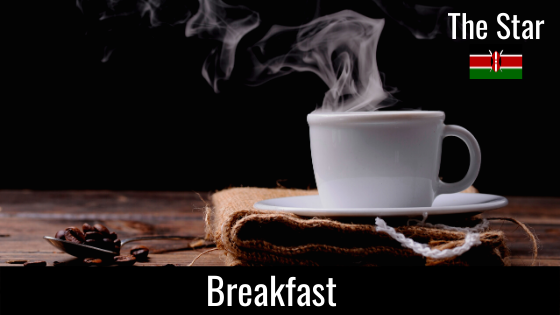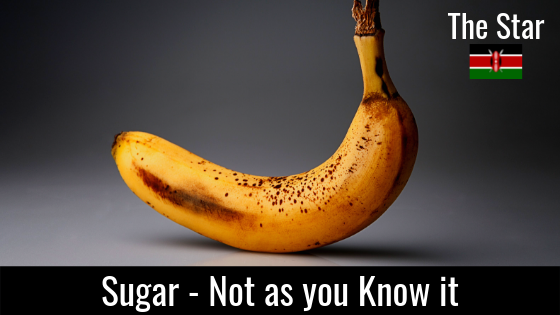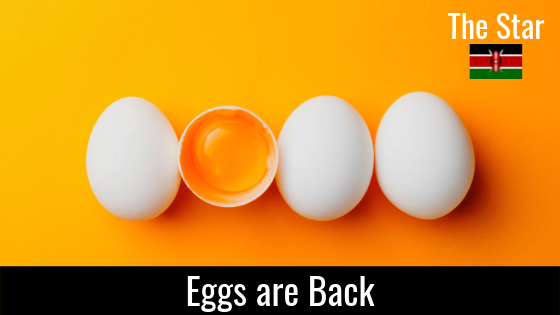The end of a year is often a time of reflection when we revisit our new year resolutions and engage in the rituals of celebration for what got done, or self-flagellation for what didn’t.
2017 was a turning point in my career. Until then, I’d been working as a hospital physician for more than a decade, looking after acutely unwell patients. Being a doctor is an absolute privilege and one that I have come to appreciate more and more as I grow older. Easing suffering and keeping people together longer have been the reasons why I tolerated sleepless nights and unsocial, relentless hours. I’ve learned to embrace the inevitability of death.
I’ve learned that living is not the same as being alive. But I still cannot draw the line between prolonging life and postponing death. However, the most important thing I’ve come to learn is how to learn on my own. I’m learning how to think, not just what to think.
Reactive Medicine
I went into nutrition/lifestyle medicine for one reason only. The current model of healthcare is one of reactive medicine. We treat diseases that are already established. Advances in biotechnology have resulted in a shift away from treating infections. Immunisation programmes and a wide availability of antibiotics are to thank for this.
If you’re improving your health, you’re improving the world.
There has been a relentless increase in dietary and lifestyle diseases. Doctors are now treating more cases of heart disease, cancer, diabetes, and high blood pressure. I came to the conclusion that a reactive model of healthcare was neither sustainable nor fit for purpose in the current disease climate. This is why I made the decision to focus most of my intellectual bandwidth in learning how these diseases of modernity can be prevented.
As our food environment changed, so did our waistlines.
I’m deeply grateful to The Star, Kenya for granting me a column to broadcast my work, and to the readers for engaging my articles. My ideas can be rather counterculture, but it’s not about my opinion. It’s about my refusal to allow science to be sacrificed at the altar of a belief system. In the field of nutrition, defending dogma has become more important than standing up for science.
Health Pearls
I endeavour to seek empirical evidence to support the prevailing nutrition advice. If I find it, I promote it. But if I don’t find it, I highlight it and call it out. Science evolves by being challenged, not by being followed. It is the acceptance of what works, and the rejection of what does not.
In a sea muddied by information and disinformation, I try to find pearls of wisdom. So here’s an abridged version of some of what we’ve learned so far.
If you’re improving your health, you’re improving the world. Your health matters from an individual point of view, and this impacts economic prosperity from a collective point of view. Good health is and will always be your biggest asset. If you lose your health, you’ll lose everything.
- A poor diet is the single biggest contributor to poor health. Nothing else comes close. Not exercise. Not even smoking.
- The demonization of fat birthed a low-fat campaign, that led to the expansion of refined grains and sugar. Natural fat was substituted for industrially manufactured fats and oils. As our food environment changed, so did our waistlines.
- Waist loss remains the focus – weight and BMI are largely irrelevant. The ‘eat less move more’ advice is simple, but stupid. Calories do not drive weight gain, therefore reducing them will not lead to weight loss.
- Detoxing should not be promoted as an antidote to an unhealthy lifestyle. The idea that your liver needs to be purged of impurities is a ridiculous, expensive scam.
- Avoid excessive sugar. Sugar is as ubiquitous as it is dangerous. There is no good or bad sugar – it’s the dose that makes the poison.
- The totality of evidence shows nothing against red meat. Animal-based foods are incomparably nutritious and remarkably bio-available.
- Just because a plant contains a nutrient does not mean that you have access to it. You are not what you eat, you are what you absorb.
- Natural saturated fat is delicious, nutritious and not linked to poor health.
- Dietary cholesterol is no longer a nutrient of concern, so enjoy the nutrition powerhouse that is the humble egg, free of worry about how much cholesterol it may contain.
- Fiber is neither necessary nor sufficient, to prevent constipation.
- There is nothing about breakfast that necessitates you eating first thing in the morning.
- And finally, my favourite pearl, don’t eat less, eat better
I wish you a happy and prosperous 2020.
This article was published in print and online in The Star Kenya on 6th January 2020.

